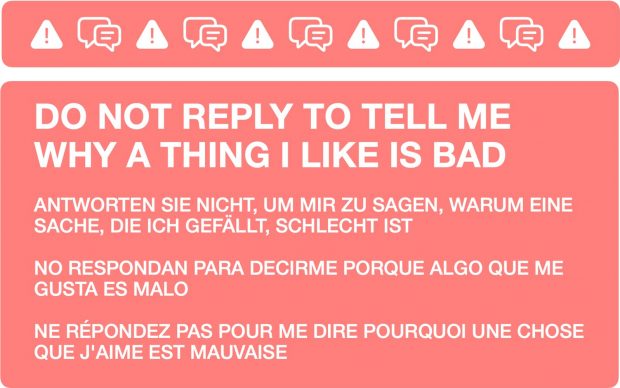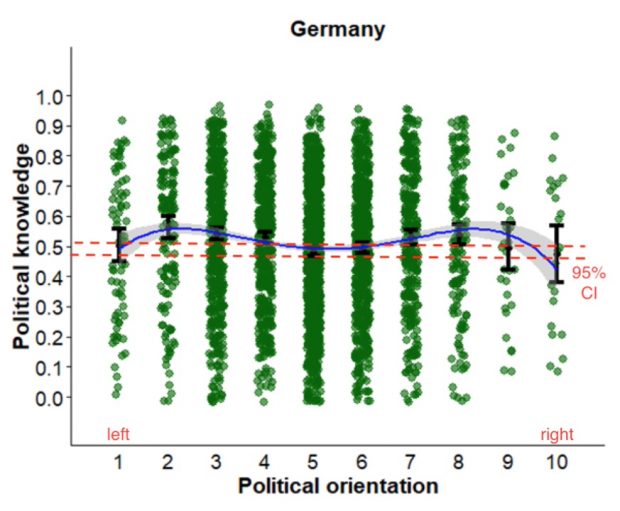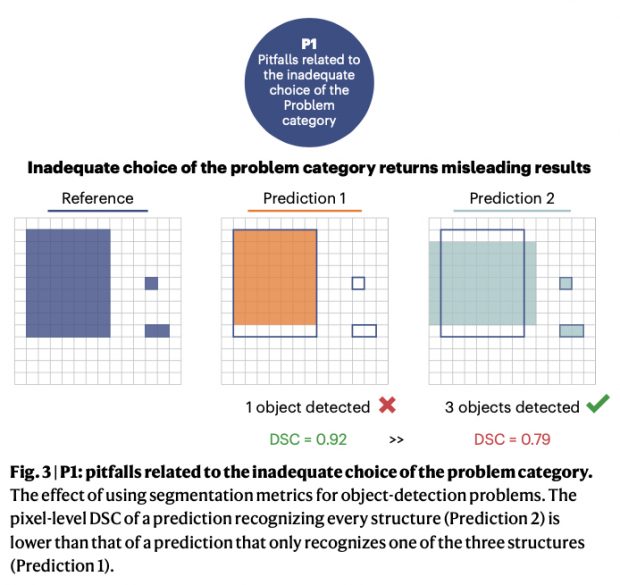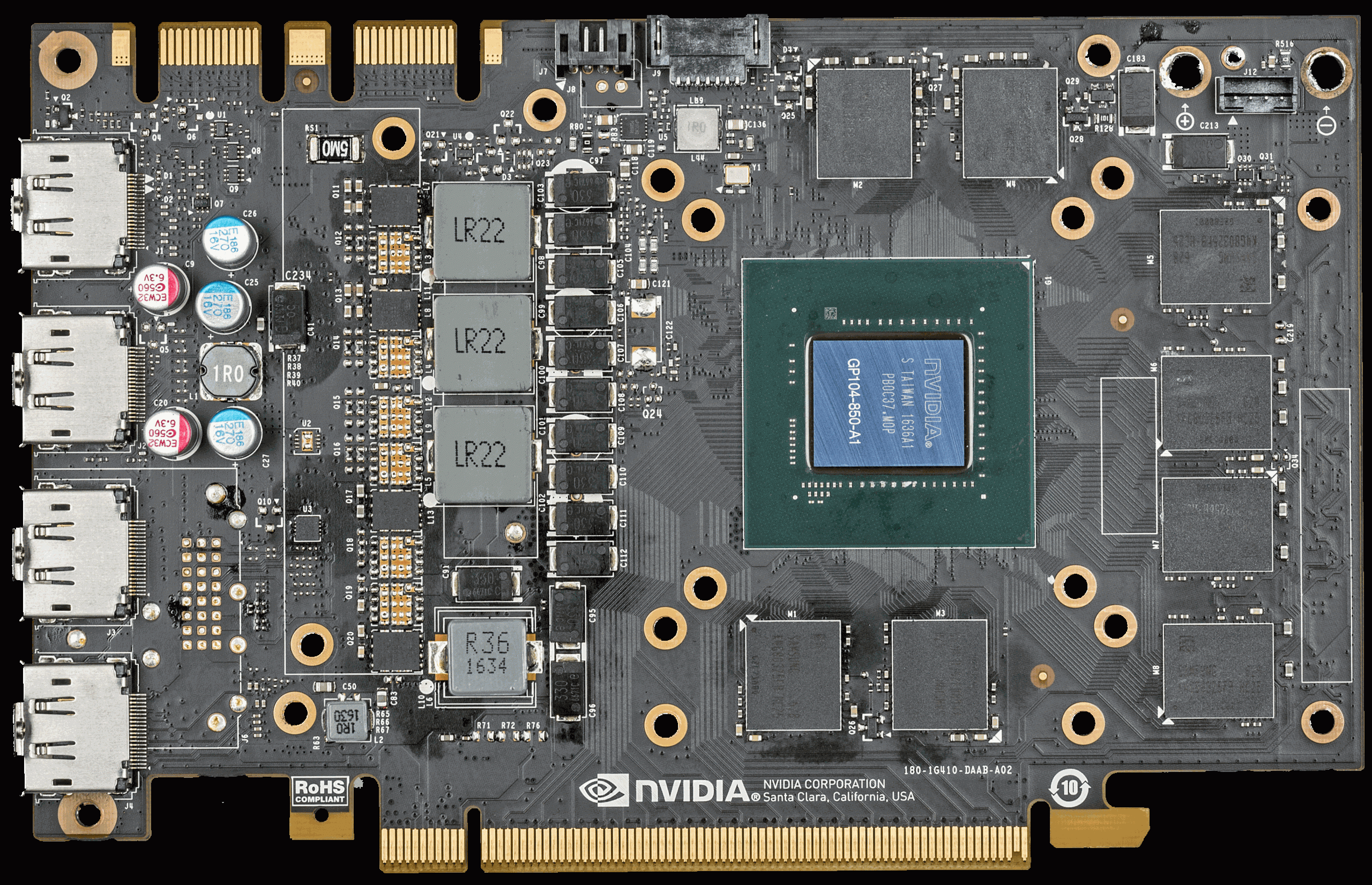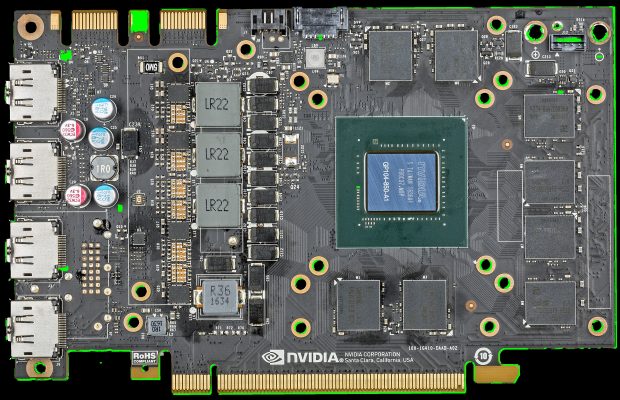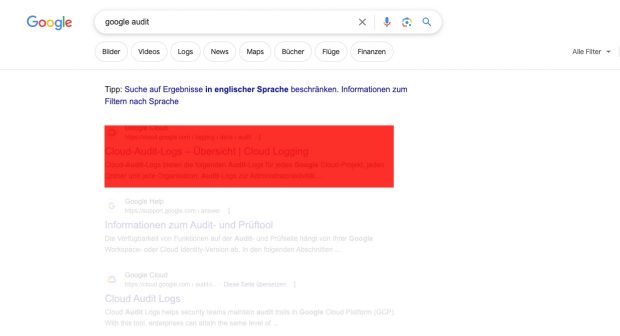The Bill Gates problem – billionaire philanthropists investing only in their own interests – is a real problem
Similarly restricted views exist in other areas, too. In the energy sector, for instance, Gates flouts comparative performance trends to back exorbitantly expensive nuclear power instead of much more affordable, reliable and rapidly improving renewable sources and energy storage. In agriculture, grants tend to support corporate-controlled gene-modification programs instead of promoting farmer-driven ecological farming, the use of open-source seeds or land reform. African expertise in many locally adapted staples is sidelined in favour of a few supposedly optimized transnational commodity crops.
On the hand, billionaires do not pay tax – which is adding even more weight to the Nature commentary. But what are the alternatives “tax the rich“? One remarkable woman is now showing how this could work – Marlene Engelhorn
Marlene Engelhorn, who is 31 and lives in Vienna, wants 50 Austrians to determine how €25m (£21.5m) of her inheritance should be redistributed. “I have inherited a fortune, and therefore power, without having done anything for it,” she said.
“And the state doesn’t even want taxes on it.”
